Click here if you don’t see subscription options

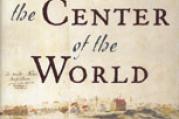
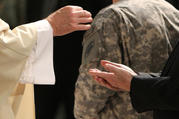
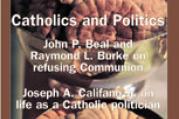
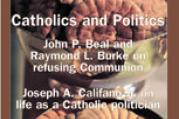
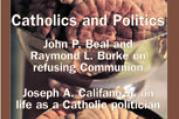



Something Sacred
I want to thank Drew Christiansen, S.J., for his recent Memorial Day reflection (5/24) and to tell him how much his words and thoughts resonated with my eighth-grade students at The American School in London. Though few of our students here at the A.S.L. are British, we are guests in a country that still reveres Wilfred Owen and the soldier poets of World War I. Every one of my students knows Dulce et Decorum Est, and “the old Lie” is hardly lost on these 13-year-olds, whose perceptions of America have been shaken both by the events themselves and by the BBC’s reports of the war during the past year and a half. However, Father Christiansen’s frustration at being denied the right to honor those who have lost their lives during the Iraq war is something our eighth graders here can understand, perhaps in a slightly different way.
We have just returned from a weeklong excursion visiting the American, British and Canadian landing beaches at Normandy. We laid a wreath at St. Laurent Cemetery; each student placed a poppy (the flower still worn on many a lapel each Remembrance Day) on the grave of a soldier from his or her home state. Our Israeli students walked tentatively around the teutonic crosses marking the German soldiers’ graves at LeCambe Cemetery, and a few kids became emotional reading the poetic inscriptions and viewing all the flowers that adorn the graves at the British cemetery.
Many of these young people had never seen or visited a cemetery. Many do not believe in God, let alone the Resurrection. For some of our 132 eighth graders, this was the first time they had ever experienced something sacred: consecrated ground, hallowed by the thousands of young men just a few years older than themselves, who gave their lives so that we might live. This did sink in, and it is comforting to know that even as the number of World War II veterans is thinning, there are young people who are still moved by their stories and their sacrifices. Perhaps this is the “anthem for doomed youth” our students will carry with them.
Susan O’Connell

